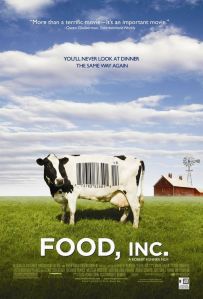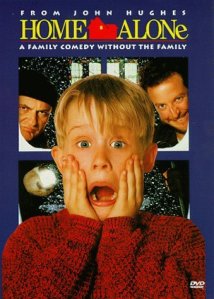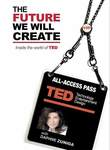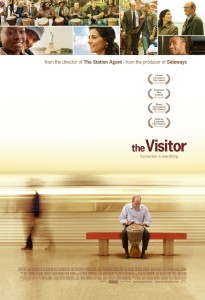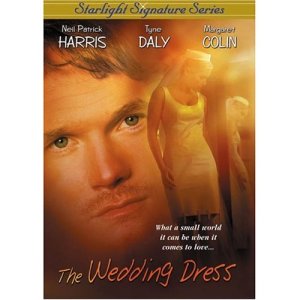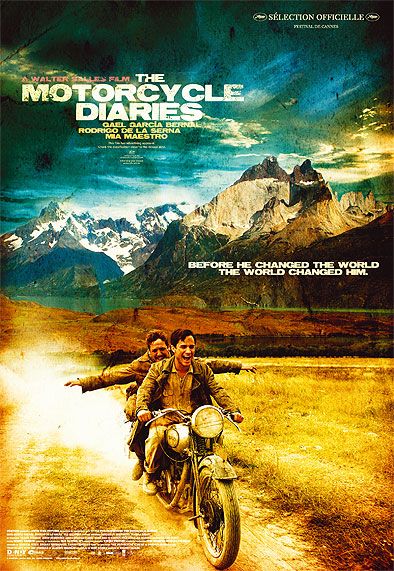I recently had a film night with a few friends and we watched this movie which I’d never seen before and it reminded me of my blog. It’s been a long time readers. Please forgive my hiatus. I shall reward you with one of my classic style reviews.
Film:_promotional_poster.jpg)
The Power of One, 1992
Starring: Stephen Dorff, Armin Mueller-Stahl, Morgan Freeman
Synopsis:
Based on the book by Bryce Courtenay, The Power of One is set in South Africa during the 1930s-40s, and follows an English orphan named P.K. who faces prejudice from his Afrikaaner classmates. Taken on by an elderly German pianist who, upon the outbreak of WWII, is interned in prison, P.K befriends black inmates, learns how to box, and listens to stories about a mythical rainmaker who is to bring unity and stop the infighting among the tribes. P.K. works to fight injustice and challenge adversity while befriending people based on the content of their character rather than their skin color or ethnic background.
My Thoughts (mild spoilers):
The film came out while South Africa was still in the throws of Apartheid, an incredibly oppressive system of racial segregation, and the movie covers the time period of the genesis of apartheid. At first I thought the title was a reference to the power of one individual, especially since it follows the exploits of one boy who through facing shameful bullying based on prejudice developed incredible empathy for those who experienced even more systematic oppression. P.K. then works to provide training for black teachers so that they can teach people how to read and write English, education that was illegal. However knowing history it might look as if P.Ks efforts were for naught. Apartheid continued for another 50 years after all.
But in reality I think the title is actually a reference to the power of becoming one, the power of unity.
So powerful is the light of unity that it can illuminate the whole earth. ~Bahá’u’lláh
Throughout the film the biggest accomplishments were when people came together despite their differences. Whether it was a German pianist helping a Zulu prisoner, or an English boy conducting a concert of people from all tribes, or an Afrikaaner girl joining English and black South Africans to teach literacy, it was when diverse people came together for a united purpose that we saw beauty, that we saw hope. Unfortunately there were many times in the film, and even more so in the history of South Africa and the world more generally, that people were unable to come together and instead were blinded by difference into conflict, often brutal and sometimes even lethal.
O ye beloved of the Lord! In this sacred Dispensation, conflict and contention are in no wise permitted. Every aggressor deprives himself of God’s grace. It is incumbent upon everyone to show the utmost love, rectitude of conduct, straight forwardness and sincere kindliness unto all the peoples and kindreds of the world, be they friends or strangers. So intense must be the spirit of love and loving kindness, that the stranger may find himself a friend, the enemy a true brother, no difference whatsoever existing between them. ~‘Abdu’l-Bahá
This film highlights the intense desire that despite the conflict in the world many people hold out hope for unity and recognize its beauty and power. It is a call to action for us all to be aware of what unites us rather than what divides us, to work toward building a better world together. The point is not whether or not this story is realistic, but that we want it to be, which to me is a sign of progress, for in time:
If you desire with all your heart friendship with every race on earth, your thought, spiritual and positive will spread; it will become the desire of others, growing stronger until it reaches the minds of all men. ~‘Abdu’l-Bahá
Your thoughts?

